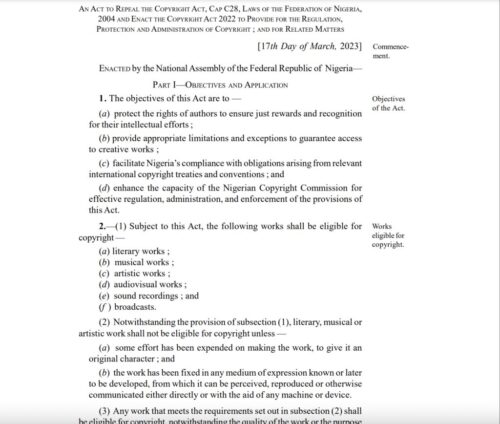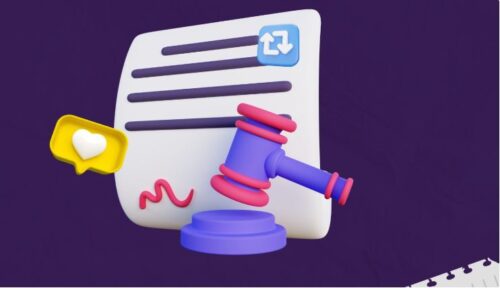The digital age has empowered countless individuals to create and share their work online, fueling the rise of the creator economy. However, this burgeoning industry is often marred by issues surrounding copyright infringement. As creators continue to produce content, they must grapple with the complexities of intellectual property rights.
Copyright infringement occurs when someone uses copyrighted material without permission. In the digital age, this can be as simple as sharing someone else’s image or video without proper attribution. While many creators are unaware of the legal implications of such actions, it’s crucial to understand that copyright infringement can have serious consequences.
To protect their work, creators need to be mindful of copyright laws and take steps to safeguard their intellectual property. This includes understanding the nuances of fair use, which allows limited use of copyrighted material under certain circumstances, such as for criticism, commentary, news reporting, teaching, scholarship, or  research.Creators should also be cautious about using content created by others. While sharing and collaborating are encouraged, it’s essential to obtain proper permission or license before using someone else’s work. This involves seeking explicit consent from the copyright owner and understanding any specific terms and conditions associated with the use of their content.
research.Creators should also be cautious about using content created by others. While sharing and collaborating are encouraged, it’s essential to obtain proper permission or license before using someone else’s work. This involves seeking explicit consent from the copyright owner and understanding any specific terms and conditions associated with the use of their content.
In recent years, platforms like TikTok and Instagram have become hotbeds for copyright infringement, with users often sharing content without proper attribution or permission. This has led to increased scrutiny from copyright holders, who are taking action to protect their rights.
As the creator economy continues to evolve, it’s imperative for creators to be aware of copyright laws and ethical practices. By respecting the rights of others and understanding the legal framework, creators can build sustainable careers and contribute to a thriving digital ecosystem.



